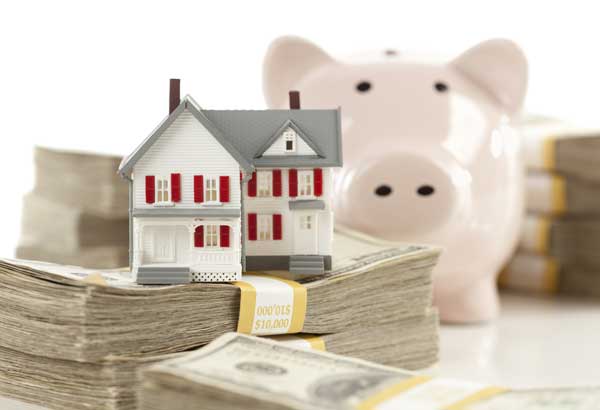 Very often, the impetus for filing bankruptcy is mounting debt and unmanageable monthly payments. Refinancing can help to some degree but if the monthly payments are more than you can handle on your present income, something else has to be done. You may wonder if filing bankruptcy will reduce the amount you have to pay out each month to your creditors.
Very often, the impetus for filing bankruptcy is mounting debt and unmanageable monthly payments. Refinancing can help to some degree but if the monthly payments are more than you can handle on your present income, something else has to be done. You may wonder if filing bankruptcy will reduce the amount you have to pay out each month to your creditors.
Under a Chapter 7 bankruptcy, your unsecured debt is usually completely removed by the bankruptcy discharge. There are certain exceptions such as some taxes, child support and student loans. If you want to keep your car as part of your Chapter 7, you will have to keep paying your car loan even though the debt is discharged. Similarly, if you want to keep your house in Chapter 7, paying the mortgage or mortgages is still required. Many of our Chapter 7 clients wind up not owing any of their creditors anything. Many others don’t actually owe anything because the debts are discharged, but still voluntarily pay a car loan or a house payment so they can keep their house or car. Some get rid of all their debt except for their student loans. Others get rid of all their debt except for their taxes. In cases where the taxes are old enough, usually over three years since the return was filed, some even do manage to get rid of their tax debt. This allows you to get a fresh start in life. You can rebuild your credit and get a better handle on your financial life.
With a Chapter 13 debt reorganization plan, your income is first evaluated. All sorts of income can be used including your earned wages, child support, commissions, social security, spousal support, disability benefits, unemployment benefits, workman’s compensation and retirement incomes – as long as the income is received on a regular basis. Gifts might also be included if they are recieved with regularity.
The next step in Chapter 13 is to determine your normal living expenses. This amount is set aside. Whatever is left after your living expenses is available for debt repayment. If you are unable to repay all of your debts within three to five years, a plan that allows you partially pay down your debt over that time frame is established, sometimes called a “best efforts” plan. The purpose of the partial repayment plan is to pay back as much of what you owe as possible. When you reach the end of the specified time, any amount remaining is discharged. In the majority of Chapter 13 cases, the amount of the monthly payments is set at a relatively low amount that the Debtor can afford. Also, in most Chapter 13 cases, only a small percentage of the overall debt is repaid.
With Chapter 7 you can end up with no monthly payments on unsecured credit related debt. With Chapter 13 you will more than likely have reduced monthly payments. It is best to discuss this with your bankruptcy lawyer to determine the best course of action for your situation.
This post is for general information purposes only, is not legal advice and does not create an attorney-client relationship.






